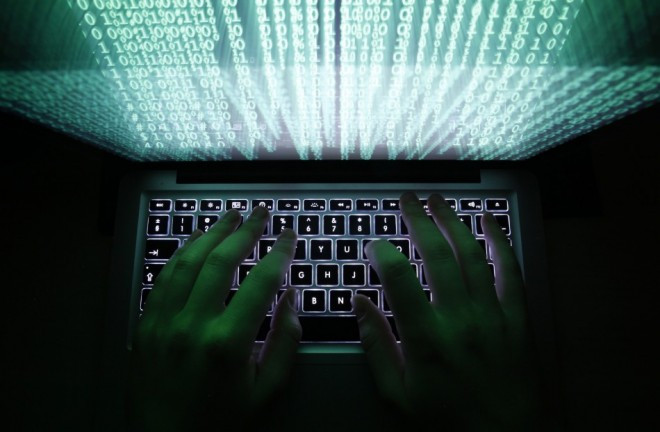Ukraine Computer Networks Hit by Russian-based Snake Virus

A report published by defence contractor BAE Systems revealed that 14 cases of the virus have been discovered since the start of the year in Ukraine, more than were recorded throughout the whole of last year.
BAE has described the virus as "extraordinary in its complexity", hinting that the perpetrators of the attack are highly sophisticated cyber criminals.
The origins of the attack are still as yet unclear, however BAE has stated that the developers appear to be operating in a +4 GMT time zone, the same time zone as Moscow. Russian text has also been found within the code of the virus.
Former head of operations and intelligence at MI6 Nigel Inkster told the Financial Times that in "probabilistic terms", the current evidence would point to Russia as the only suspect for the attack.
The report from BAE comes at a time of increasingly strained relations between the two countries, as rival pro-Ukrainian and pro-Russian rallies continue in the Crimea.
It was reported earlier this month that the crisis between Ukraine and Russia had escalated in cyber space, with several communications centres in Crimea taken over by hackers in order to spy on the mobile phones of Ukrainian MPs.
Similarities to Stuxnet
The virus bears similarities to the notorious Stuxnet virus, which was jointly created by the US and Israeli governments to disrupt Iran's nuclear programme in 2010.
Once it has infiltrated a network, attackers are able to use the Snake virus to gain full remote control of the infected computers and devices.
The complexity of its architecture means that it can sometimes take a couple of days before it is even detected.
"Although there has been some awareness of the Snake malware for some years, until now the full scale of its capabilities could not be revealed," said Martin Sutherland, managing director of BAE Systems. "The threat it presents is clearly something that needs to be taken much more seriously."
"The threat described in this report really does raise the bar in terms of what potential targets, and the security community in general, have to do to keep ahead of cyber attackers."
© Copyright IBTimes 2025. All rights reserved.






















